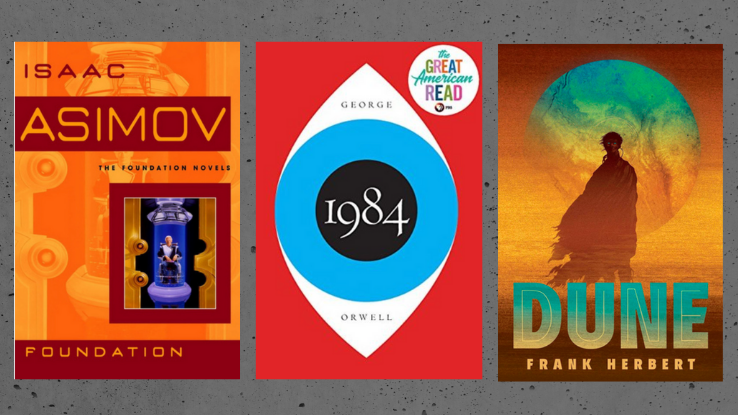
Science Fiction stories delve into all things futuristic, technological, extraterrestrial — you catch our drift. Pivotal authors in the space include Isaac Asimov, George Orwell, Philip K. Dick, N. K. Jemisin, and countless others.
In celebration of both Asimov, his peers, and the entire genre, we’ve put together a collection of sci-fi books that are always worth rereading (or reading for the first time if you’re just getting into these magical worlds of tomorrow). From fun and fascinating intergalactic travels to dystopian futures that will leave you with much to think about, these sci-fi tales are fundamental to the genre.
Foundation Series – Isaac Asimov

The Foundation series began as a few short stories published in the magazine Astounding Stories of Super-Science back in the 1940s and ultimately became an entire series of seven epic books. The tale is set in the distant future where a man named Hari Seldon has invented “psychohistory,” a mathematical means of predicting the future.
Unfortunately, its predictions aren’t very flattering: They foretell a time when humanity will more or less revert back to the Dark Ages. These predictions get Seldon and his crew exiled to a distant planet known as “the Foundation,” where they attempt to shorten the period of decline to come. Apple TV+ also turned the series into a TV show and released the first season in 2021.
Dune – Frank Herbert
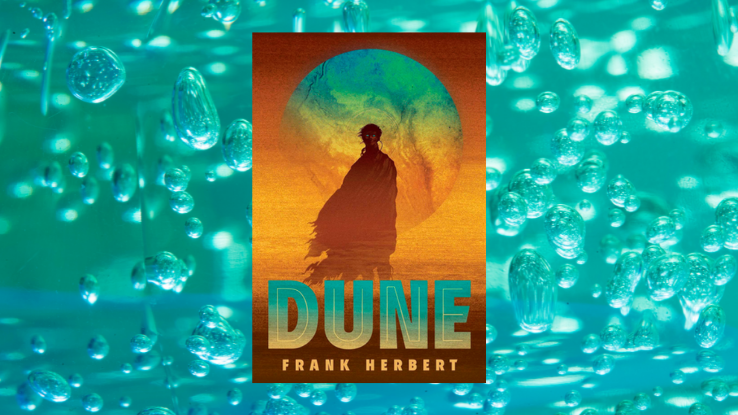
As fans of the 2021 Dune film may know, the story is based on the 1960s book by Frank Herbert and its sequels. Dune eventually became a bit like a literary version of Star Wars, as Herbert wrote six novels in the Dune series before he passed away. Later, his son Brian and author Kevin J. Anderson teamed up to produce numerous sequels and spinoffs based on the Dune-iverse.
The saga is set in a future where noble families rule different planets under a sort of intergalactic feudal system. In the first of the six foundational novels, readers are introduced to the heir of one such distinguished group, a boy named Paul Atreides whose family is charged with ruling a planet called Arrakis. When his family is betrayed, Paul embarks on a journey that blends everything from adventure to mysticism in one of the most epic sci-fi tales of all time.
The Left Hand of Darkness – Ursula K. Le Guin
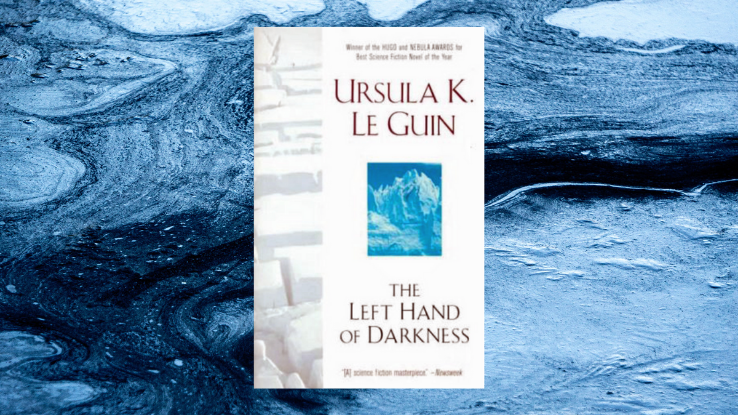
While some earlier sci-fi classics tend to reflect women in the light of the times in which they were written, The Left Hand of Darkness is a whole other experience altogether. The 1969 novel follows the adventures of Genly Ai, an envoy who is sent to a stray world called Winter in an attempt to bring it back into the intergalactic fold.
However, to stand a chance, he must overcome his own preconceptions when he’s confronted with a culture that exists entirely without gender prejudice. As Ai soon discovers, some of the creatures on Winter express multiple genders, while others don’t identify with any at all. If you’re a reader who loves to go deep, this one makes for a fascinating read.
Nineteen Eighty-Four – George Orwell
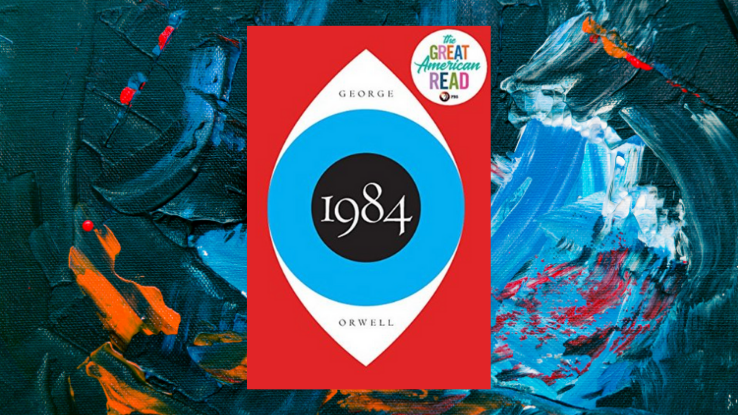
While the actual 1984 may have come and gone, the dystopian novel that shares its name remains a pivotal work of science fiction. The Atlantic notes that “No novel of the past century has had more influence than George Orwell’s 1984,” and this assessment is indeed a fair one. Published in 1949, the story follows Winston Smith, who lives under a totalitarian government in which “the Party” controls every aspect of its citizens’ lives.
“Big Brother,” an invisible yet omnipresent leader, is always surveilling the populace to ensure that no one commits so much as a thoughtcrime, which involves no more than thinking of rebelling against the Party. When Smith dares to think for himself, he sets off on a haunting journey that transports readers to a world that’s all too easy to imagine actually existing. While this isn’t necessarily an easy read, it’s an important one that will stay with you for years.
Do Androids Dream of Electric Sheep? – Philip K. Dick

Though you may not think you’ve heard of this one, it may be a bit more familiar than you think — it’s the inspiration behind Ridley Scott’s film, Blade Runner (1982). First published in 1968, the novel takes place in a dystopian 2021 where entire species have been eliminated by a global war. In an effort to replace live animals, which are highly prized, series of incredibly realistic androids have been developed, some of which are even fashioned after human beings.
However, when the government becomes wary of these AI humans and their disturbing capabilities, it eventually bans them from Earth. Bounty hunter Rick Deckard is sent to “retire” any rogue androids that remain, which doesn’t prove to be an easy task.
Kindred – Octavia E. Butler

Kindred has become a foundational work of sci-fi and African-American literature alike. The story follows a modern young Black woman named Dana who is suddenly deposited back in time to the pre-Civil War South. Through a series of trips between that era and her own time, Dana is forced to contend with the horrors of slavery, racism and sexism while completing a series of tasks.
Though each journey becomes more dangerous, Dana realizes that her own family’s future depends on their successful completion. First published in 1979, the novel remains relevant today with its skillful blend of romance, sci-fi, feminism, equality and adventure.
A Wrinkle in Time – Madeleine L’Engle
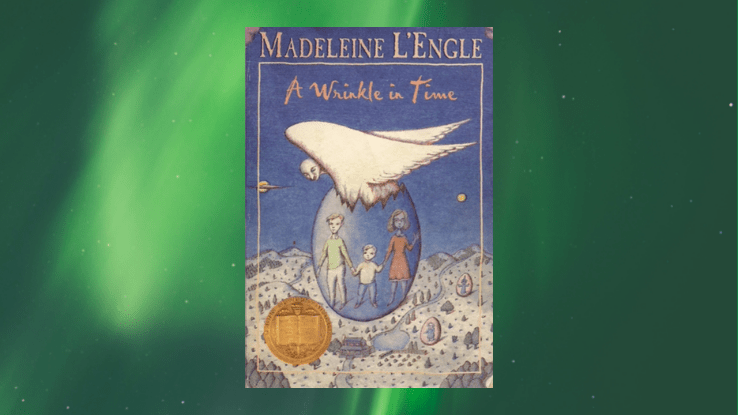
A Wrinkle in Time is a classic story of good vs. evil presented through an adventurous sci-fi lens. The tale follows a high school student named Meg Murray, her friend Calvin O’Keefe and her younger brother Charles Wallace. When the three are introduced to tesseracts (or wrinkles in time) by an unearthly visitor, they set off on a journey through time and space to rescue Meg’s missing scientist father.
Along the way, she learns a series of timeless life lessons about everything from the power of individuality to the resiliency of love. Appropriate for both young and adult readers alike, this one is a fun and fascinating tale that seems impossible to outgrow.






